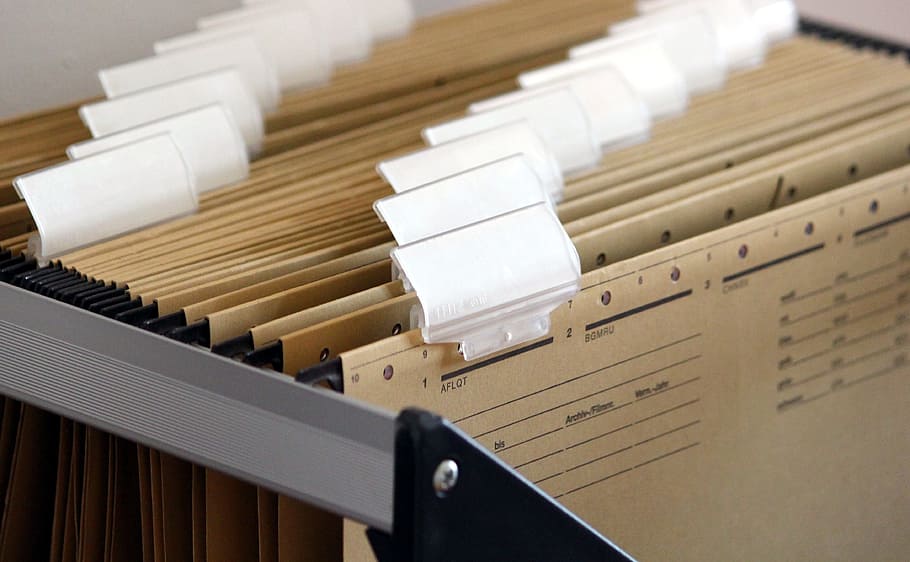Newsletter
27 June 2024
Islamic Banking Products: Restricted Investment Accounts


Unlike conventional banks, Islamic banks offer various types of products. One of such products is the restricted investment account, or "mudarabah muqayyadah".
| Mirza Karim
Although Islamic commercial banks have many products similar to those offered by conventional banks, the two entities differ conceptually. One key difference is that conventional banks make their profits by charging interest and fees for services, whereas Islamic banks earn their money by profit and loss sharing, trading, leasing, charging fees for services rendered, and using other Sharia contracts of exchange. Unlike conventional banks, Islamic banks can thus offer various types of products. One of such products is the Restricted Investment Account or “Mudarabah Muqayyadah”.
A Mudarabah is an Investment partnership, whereby the investor (the Sahibul Mal) provides capital to another party/entrepreneur (the Mudarib) to undertake a business/ investment activity. While profits are shared on a pre-agreed ratio, any loss of investment is born by the investor only. The Mudarib loses its share of the expected income, unless the Mudarib has been guilty of negligence or misconduct in its management, in which case he/she shall be liable for the losses. Misconduct would include fraud or other illegal conduct, and also willful investment of funds in breach of Sharia prohibitions, or in breach of the investment mandate stated in the underlying contract. Negligence would include a gross failure of due diligence, resulting in losses.
There are two types of Mudarabah transaction: 1) Mudarabah Mutlaqah and 2) Mudarabah Muqayyadah. In a Mudarabah Mutlaqah, the investor authorizes the entrepreneur to run the business without restrictions in terms of type of business activity, products, location of the business activity et cetera, as long as such business activity does not violate the principles the Islamic Law (Sharia). In a Mudarabah Muqayyadah, the investor stipulates certain restrictions to the entrepreneur in running the business activity; for example, the business activity shall be in the field of agriculture; or gold mining; or restaurants; or other business specified and agreed by the investor.
The Mudarabah Muqayyadah transaction may be offered by an Islamic bank to bring together or channel the investor, who is willing to invest his/her funds, with an entrepreneur, who needs funds for financing his/her business activity. The bank will act as the fund manager, investment manager or agent. As a fund manager/ investment manager/agent, the bank will charge a service fee, as agreed by the parties.
There are two types of Mudarabah Muqayyadah: 1) Mudarabah Muqayyadah where the Islamic bank acts as a channeling agent and 2) Mudarabah Muqayyadah where the Islamic bank act as an executing agent. A Mudarabah Muqayyadah where the bank acts as a channeling agent will not be booked on the balance sheet of the bank (“off-balance-sheet”) and the bank shall not be entitled to share in the profits. On the other hand, in a Mudarabah Muqayyadah where the bank act as an executing agent, the bank will be entitled to a share of the profits and a service fee (if agreed in the contract); and it will be booked on the balance sheet of the bank (“on-balance-sheet”).
The Mudarabah Muqayyadah can be done through one of several schemes: 1) one to one; 2) one to many; 3) many to one; 4) many to many; which mean, respectively: 1) one investor to finance one entrepreneur for a single specific business activity; 2) one investor to finance more than one entrepreneur for more than one specific business activities; 3) more than one investor to finance one entrepreneur for a single business activity; 4) more than one investor to finance more than one entrepreneur.
The product of Mudarabah Muqayyadah may increase the Financing to Deposit Ratio of the bank and minimize the mismatch between funding and financing activities. Mudabarah Muqayyadah also allows investors to choose the entrepreneur and type of business activity to be financed by their funds. Mudarabah Muqayyadah provides transparency to the investment/financing asset's performance where the administration and monitoring activities are handled by the bank. However, the investor is not allowed to withdraw his/her funds prior the maturity of the investment/financing.
There are two basic categories of Islamic financing: 1) “debt-based contracts/ debt-based instruments”, which give a fixed return, and 2) “profit and loss sharing contracts”, which give a non-fixed return. The investor should realize that the Mudarabah contract is a non-fixed return basis transaction. The monthly return received by the investor may not be the same amount every month, since it will depend upon the profit or revenue derived from the business activity.
Presently, the use of Mudarabah Muqayyadah contracts by Islamic banks in Indonesia constitute a small portion of the total financing contracts. In its road-map of Islamic banking, the Financial Service Authority (“OJK”) encourages Islamic banks to improve product diversity, among other means by launching profit-loss sharing based contracts, such as Mudarabah Muqayyadah and other profit-loss sharing based contracts. In connection with that, OJK has launched books on the profit-loss sharing based contracts, i.e.: Book on Standard of Mudarabah and Book on Standard of Musharakah and Musharakah Mutanaqisah as guidance for Islamic banks to draft such contracts.
